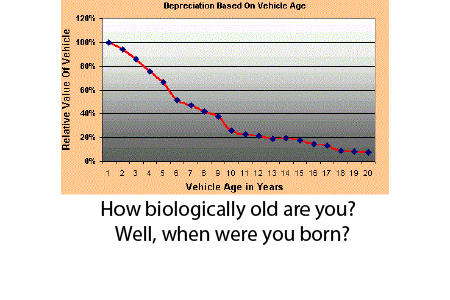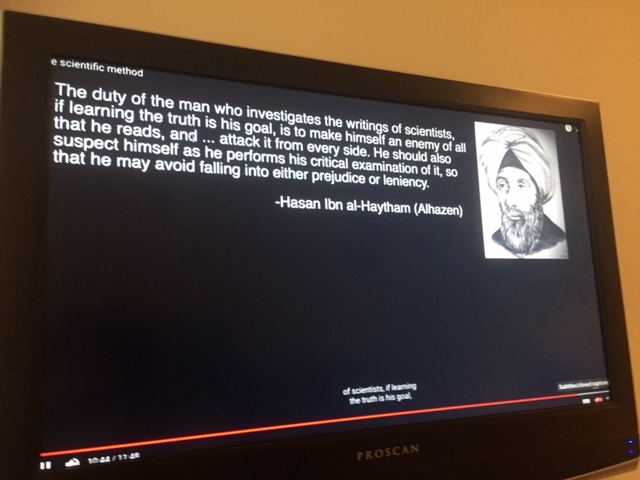
- Written:
- Author: Edward
- Posted in: age-related-diseases, aging, aging clock, alzheimer's, dr ed park, exercise, hypertension, Podcasts, stem cell theory of aging, Telomere erosion
- Tags: Aging, biomarkers, citm, cns vital signs, Dr. Ed Park, epigenetic clock, horvath, immune senescence, joints, progeria, stem cells, telomeres, van andel-shipper
I have recently been interested in cosmology which led me to seek out some great minds in theoretical physics. I will be posting about them soon.
I noticed a certain reverence for Einstein which is well deserved but Einstein himself made mistakes. We tend to learn from discourse and mistakes, not from isolation as explained in this lecture. Einstein was a ping pong player; Newton was a golfer.
I recently received a personal rebuff in one of my blogs:”Ed Park, I me, mine. Where is the peer review?” I would like to confess that I am not an expert scientific research and only a yeoman blogger and lecturer. To me, peer review is a valuable took but not an accelerant to paradigm shifts because like truly original endeavors, like Ravel’s Bolero, Van Gogh’s painting, or Dylan’s unplugged music, it is often reviled when first introduced.
However, don’t consider the source but rather consider the logic instead. My unusual gift is my freedom to abandon my personal beliefs in search of a more perfect union of ideas.
All this is a preamble to my top ten list of biomarkers of aging:
10. Horvath’s epigenetic clock.
-It measures changes in methylation that correlate with cell lineage age
9. CIMT – carotid intimal media thickening
-over the course of a lifetime, your carotid arteries tend to thicken (see #5)
8. Vital capacity of the lungs
-you lose lung capacity as you age
7. Flexibility of joints
-you lose joint flexibility as you age. See the restoration of spinal flexibility in this video
6. Cognitive flexibility
–your brain becomes less agile. We quantify this with the CNS Vital Signs test
5. Pulse wave analysis of arterial stiffness and cardiac efficiency
-the arteries and therefore the pump that supplies them tend to become less elastic and propulsive
4. Telomere measurement of white blood cells
-caveat: survivor bias of damaged stem cells leads to lengthening and mixed averages
3. Measurement of immune senescence
– depletion of stem cells leads to depletion of the immune reserve
2. Genetic homogeneity and number of bone marrow stem cell
-your genetic savings account becomes depleted and damaged over a lifetime. See this 115yo lady with only two stem cell lies left.
1. and the winner is…Chronological age
-yep, it turns out that even with refurbished parts, mileage matters. Sure, there are notable exceptions like my patient, Doug. I still maintain that the other markers except epigenetics tend to deteriorate because of telomere erosion in stem cells but there is no denial of the predictive value of mileage in all but the progeric kids affected with telomeropathies.
Are you disappointed to learn that I believe the best measurement of biological age is chronological age? You need not feel that way.
The reason a Horvath clock has high correlation with chronological age is because they are measuring the survival of a lineage of cells. Dr. Horvath showed that progeria-affected kids who have undeniable biological aging have young epigenetic and chronological ages. He disregards this finding maintaining causation from correlation. I respectfully disagree. I believe this “glitch” in the data implies that telomerpathies that underlie those conditions are still the most robust explanation for aging globally albeit not a terribly useful predictor of health and longevity as they are currently being used.
In my practice, we can measure all of the ten biomarkers of aging and that was the reason I was contacted by a gentleman in Las Vegas needing them for his GDF11 therapy baseline. That said, I truly believe that rather than treating a biomarker, we should ask ourselves daily- “Am I healthy? Do I have space to create and enjoy? Am I off medications? Am I hopeful?” If the answer is yes, despite any measure of aging, you are still young enough.
If you want to learn why telomeres are still one of the most useful markers of aging in both prematurely and normally aging people, watch this video. I am not saying I was wrong…just that my thinking is always allowed to evolve because I don’t lose gravitas like some august tenured Princeton professor. I’m no Einstein but what I do share with him is my ability to find new discoveries when I realize my models are incomplete.



4 thoughts on “The best marker for biological age is…”
Maximized tissue cell life to minimize stem(with minimized copy deterioration) cell duplication from all sources(stress, chem, radiation, sub par rest, atomic/molecular(ultimately the “smallest” nuclear structural construct entity configuration per tissue type identity) hyper or hypo inaccuracies-diet consumption, etc. maximizing stem cell telomerase telomere eternal maintenance and minimizing telophase mutational stem cell dysfunction. Seems to cover the gist of it.
what about the psychological age which can profoundly effect biological age? the counterclockwise experiment. { Ellen Langer 1979}
I believe that 45 minutes of meditation does more than the telomerase. Also having a strict diet and some form of fasting. But that is free so it isn’t brought up by many profiteers. What say you professor?!
As someone with a telomerase mutation who is about to die at age 13 how much mediation is helping. There is more to science than just what we choose to believe.The Nobel Prize winner and I both wrote about meditation as a telomerase activator. I know people that sell meditation, diets, and fasting. Not sure there is much profit but your comment reflects some dichotomous thinking that may not best serve you.